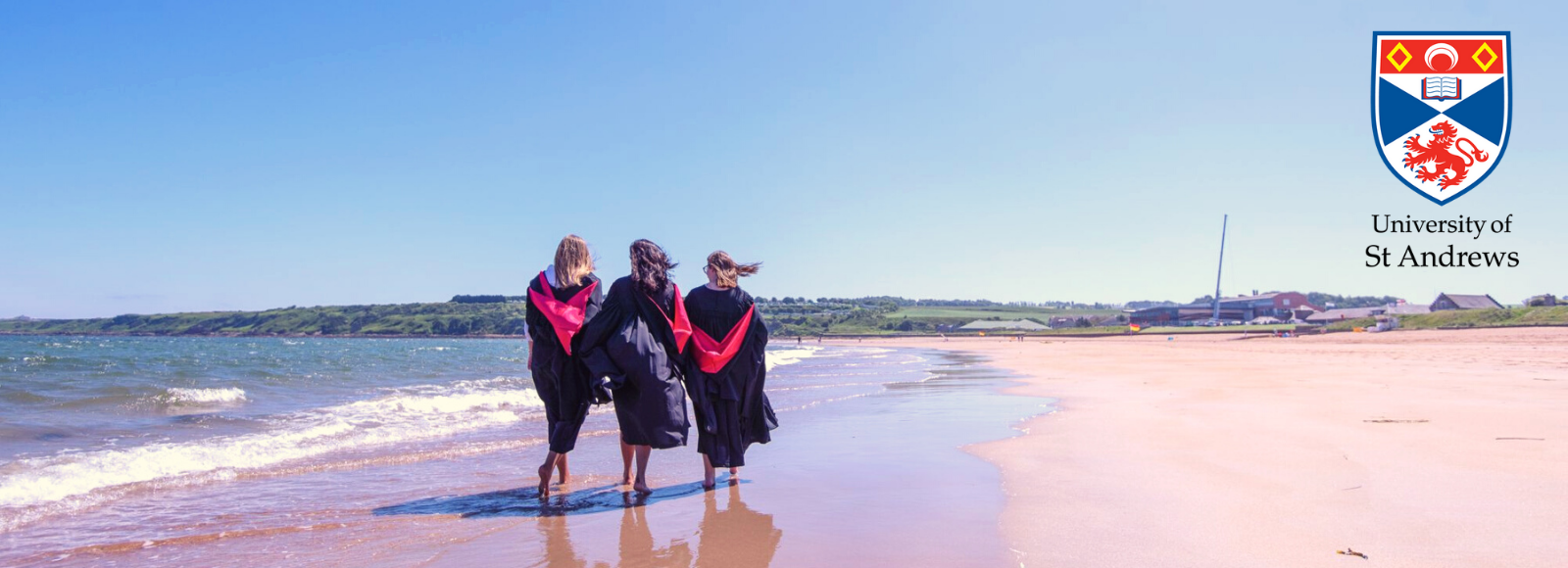- ...
Postgraduate Studentships - Search for funding opportunities.
The MLitt in Legal and Constitutional Studies is an interdisciplinary programme run jointly by the Schools of History and International Relations.
Highlights
A 2.1 Honours undergraduate degree in a subject-related area. If you studied your first degree outside the UK, see the international entry requirements.
The qualifications listed are indicative minimum requirements for entry. Some academic Schools will ask applicants to achieve significantly higher marks than the minimum. Obtaining the listed entry requirements will not guarantee you a place, as the University considers all aspects of every application including, where applicable, the writing sample, personal statement, and supporting documents.
For fees and funding options, please visit website to find out more
Legal and Constitutional Studies is designed to prepare students for work beyond the MLitt, such as:
The Careers Centre offers one-to-one advice to all students as well as a programme of events to assist students in building their employability skills.
In the first semester, you will take the following compulsory module:
You will also take one module from the two listed below. These modules may be subject to a maximum number of participants (students will be asked to indicate their first and second choices):
In the second semester, you will take the following compulsory module:
Choices offered may include modules on Comparative Studies in Legal History or on Global Constitutionalism or an individually supervised Special Topic in Legal and Constitutional Studies.
Optional modules are subject to change each year and require a minimum number of participants to be offered. Some may only allow limited numbers of students. See the University’s position on curriculum development.
Student dissertations will be supervised by members of the teaching staff who will advise on the choice of subject and provide guidance throughout the research process. The completed dissertation of not more than 15,000 words must be submitted by a date specified in August.
If students choose not to complete the dissertation requirement for the MLitt, there is an exit award available that allows suitably qualified candidates to receive a Postgraduate Diploma. By choosing an exit award, you will finish your degree at the end of the second semester of study and receive a PGDip instead of an MLitt.

Scotland’s first university, an experience like no other Masters programmes to help you find your future. Are you looking to earn an outstanding pos...